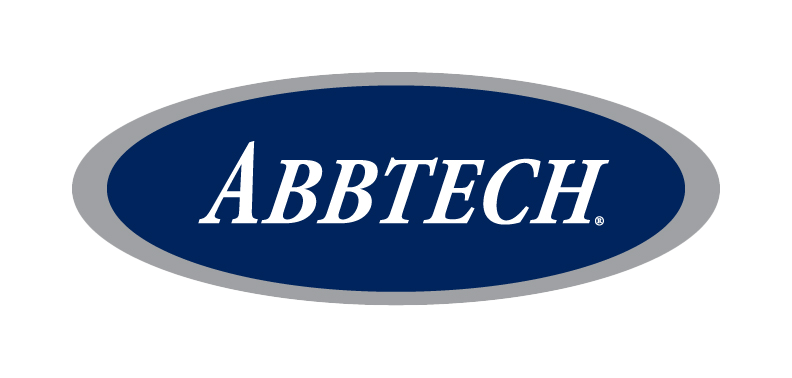If you feel like your team is suffering because of an underperforming employee, you have to consider why it’s happening and what you can do to manage it. Try these five steps to assess the situation and transform an underperforming employee:
Tag: Talent Search
How To Get Organized When You Need a New Job
Looking for a new job is exciting. It can also quickly become overwhelming if you haven’t adequately prepared. If you’re considering leaving your current job for something new, you need to know how to get organized as it can maximize your chance of success. In this blog, we’ll discuss some of our top tips to… Continue reading How To Get Organized When You Need a New Job
Are “Boomerang Employees” the Next Big Thing?
With many companies striving to find top talent, employers are softening toward rehiring former employees. As former employees, these “boomerangs” are considered less risky than a new hire. Based on their former employment, you know their skills and experience.
3 Tips to Help You Earn a Promotion This Year
If you’ve been working toward a promotion at work, you may wonder if you can improve your chances of getting it in 2023. Earning a promotion raises your position in a company, as well as increasing your salary, benefits, and sense of accomplishment. Below are 3 tips to help you earn a promotion this year.… Continue reading 3 Tips to Help You Earn a Promotion This Year
5 Recruiting Trends We Expect to see in 2023
As more industries return to their pre-pandemic state, we can expect 2023 to be a year full of opportunity and innovation in the labor market. In this blog, we’ll discuss several of the recruiting trends that we expect to see in the new year.
How to Stand Out as an Entry-level Developer
Finding entry-level employment in any industry can be difficult, especially in the tech industry. With hot software development positions rising, standing out among more experienced competition can be tough. Tips on how to stand out as an entry-level developer are below. So, how can you stand out as an entry-level developer with so much competition?… Continue reading How to Stand Out as an Entry-level Developer
Employee Appreciation Ideas for your Remote Team
Showing appreciation to your employees is easy when everyone is in-office. What if your team is remote? How can you show your employees how valued and appreciated they are when they are miles (or even countries) apart? Employee appreciation ideas for your remote team to follow. If you’re eager to show your remote team your… Continue reading Employee Appreciation Ideas for your Remote Team
5 Must Ask Questions to Consider Before Accepting a Job Offer
You’ve been searching for the right job for a while and finally received an offer. Congratulations! Before you accept that offer, though, there are some things to consider. Here are five questions you should consider asking before accepting a job offer.
Why am I Attracting Unqualified Job Applicants?
In this blog, we’ll look at how you may be attracting the wrong candidates and what you can do to attract the best candidates in the future.
Data Science vs. Data Analytics: What’s the difference?
Data Science vs. Data Analytics: What is the Difference? Data science and data analytics are reliable choices for long-term career potential. Technology and AI will continue to be a significant part of our personal and professional lives with each year. It is worth noting that data science and data analytics do have a great deal… Continue reading Data Science vs. Data Analytics: What’s the difference?
3 Signs You Are Underemployed
We all understand what it means to be “employed” or “unemployed” because you either have a job or you don’t. “Underemployment,” however, is more complex and far more common than you might think. The Center for Law and Social Policy estimates that 4 out of 10 part-time workers are currently underemployed, meaning you have a… Continue reading 3 Signs You Are Underemployed
5 Qualities that Make Good Developers GREAT
While many software development opportunities are available, the competition is fierce unless you stand out from the crowd. The best way to stand out from the crowd when going after a software development position is to be a great software developer. Here are 5 qualities that make good developers GREAT. If you want to be… Continue reading 5 Qualities that Make Good Developers GREAT
The Cost of a Vacant Position
Many employers struggle to keep positions filled in today’s competitive job market. The more extended positions remain unfilled, the more it hurts your company’s bottom line and negatively impacts employee morale. Find out How much does it affect your company bottom line to not fill that role. Find out the cost of a vacant position.… Continue reading The Cost of a Vacant Position
How AI Plays a Role in Modern Recruiting
Artificial intelligence (AI) is changing the way companies recruit top talent. AI plays a role in modern recruiting. Your business can integrate AI into its talent recruitment efforts. In doing so, it can identify and recruit top talent faster and more efficiently than ever before. Now, let’s look at three ways AI plays a role… Continue reading How AI Plays a Role in Modern Recruiting
4 Qualities to Look for in an Engineer
You want to hire an engineer. Ultimately, you may receive applications from dozens of engineer job candidates. To identify the best one for your business, you need to know what sets a great engineer apart from an average one. There are 4 qualities to look for in an engineer. These qualities include: 1. Determination to… Continue reading 4 Qualities to Look for in an Engineer















